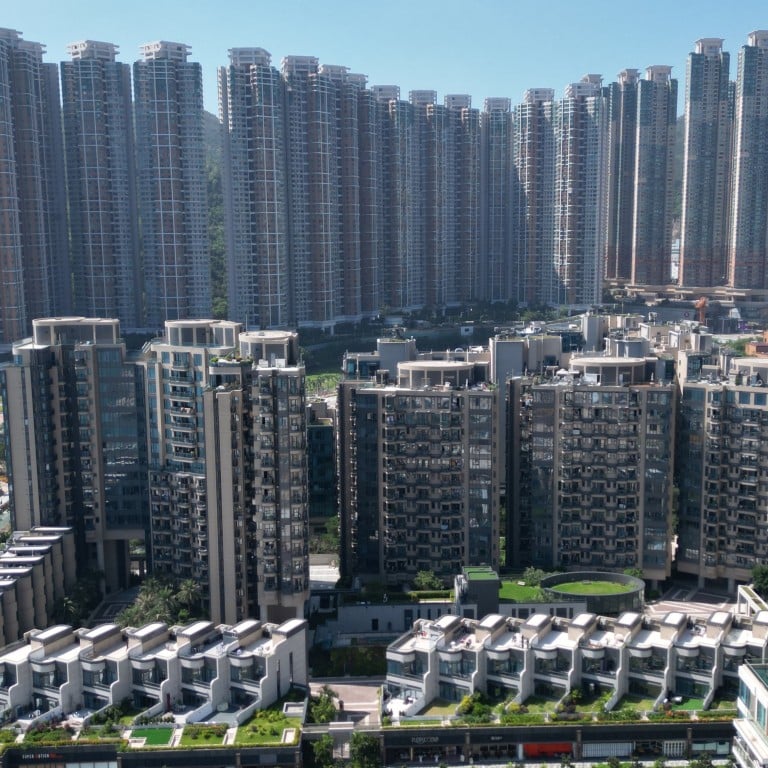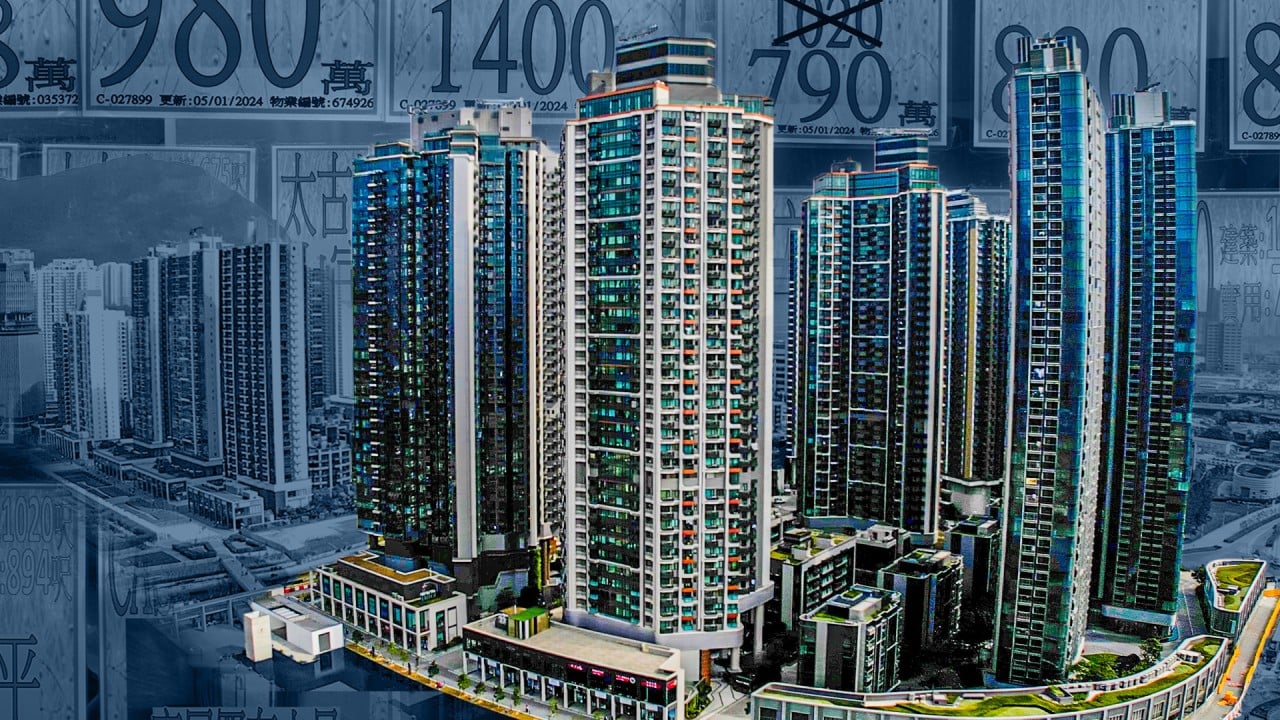
Hong Kong home prices rise for first time in 11 months as removal of cooling measures boosts demand
- The average price of a lived-in unit rose by 1.06 per cent in March, the first gain in 11 months
- It was the first set of monthly data for the secondary market since all restrictions on buying were scrapped on February 28
The average price of a lived-in unit rose by 1.06 per cent in March, according to official data, the first gain in 11 months.
The index climbed to 305.7 from 302. 5 the previous month, according to the Rating and Valuation Department (RVD). The increase was broad-based, with all sizes of house seeing a gain.
The data released on Friday was the first set of monthly figures for the secondary market since all restrictions on buying were scrapped on February 28.
Another 1 per cent rise is likely in April, followed by increments of 1.2 per cent and 1.5 per cent in May and June, he predicted.
“Even if there is a delay in the interest rate cuts of the US Federal Reserve, the lifting of the cooling measures is reviving the residential market,” said Hannah Jeong, head of valuation and advisory services, Hong Kong, Colliers.
Hong Kong’s interest rates remain at a 23-year high as the city’s de facto central bank, the Hong Kong Monetary Authority (HKMA), moves in lockstep with the Fed to keep the local currency’s peg to the US dollar.
In February, residential property prices fell for a 10th consecutive month to their lowest level in seven and a half years. An official gauge tracking lived-in home prices slipped 1.7 per cent to 302.5, the lowest since it slumped to 296.2 in September 2016, data from the RVD showed.
End of the roller coaster? Why Hong Kong’s soaring house prices may be in the past
Property sales rose to a 10-month high in March, surpassing 5,000 deals, data from the government shows.
Sales of new and second-hand homes, parking spaces, shops, offices and industrial units jumped by more than half to 5,013 last month, the highest tally since the 5,284 property deals recorded in May last year, according to Land Registry data. From a year ago, however, the number of deals was still down by 42 per cent.
Financial Secretary Paul Chan Mo-po scrapped all cooling measures restricting property transactions in his budget on February 28, with the aim of restoring the city’s flagging fiscal health, and addressing mounting calls from the property and business sectors to ditch the decade-old measures.
The abandoned measures included the Buyer’s Stamp Duty that targeted non-permanent residents and a New Residential Stamp Duty for second-time buyers. Homeowners also no longer need to pay a Special Stamp Duty if they sell their homes within two years of purchasing it.
Sale of Hong Kong mansion signals luxury property rebound after curbs lifted
The HKMA followed suit with its own easing measures. Homes valued at less than HK$30 million (US$3.8 million) are now eligible for 70 per cent mortgage financing, compared with the previous cap of 60 per cent for flats valued between HK$15 million and HK$30 million.


